
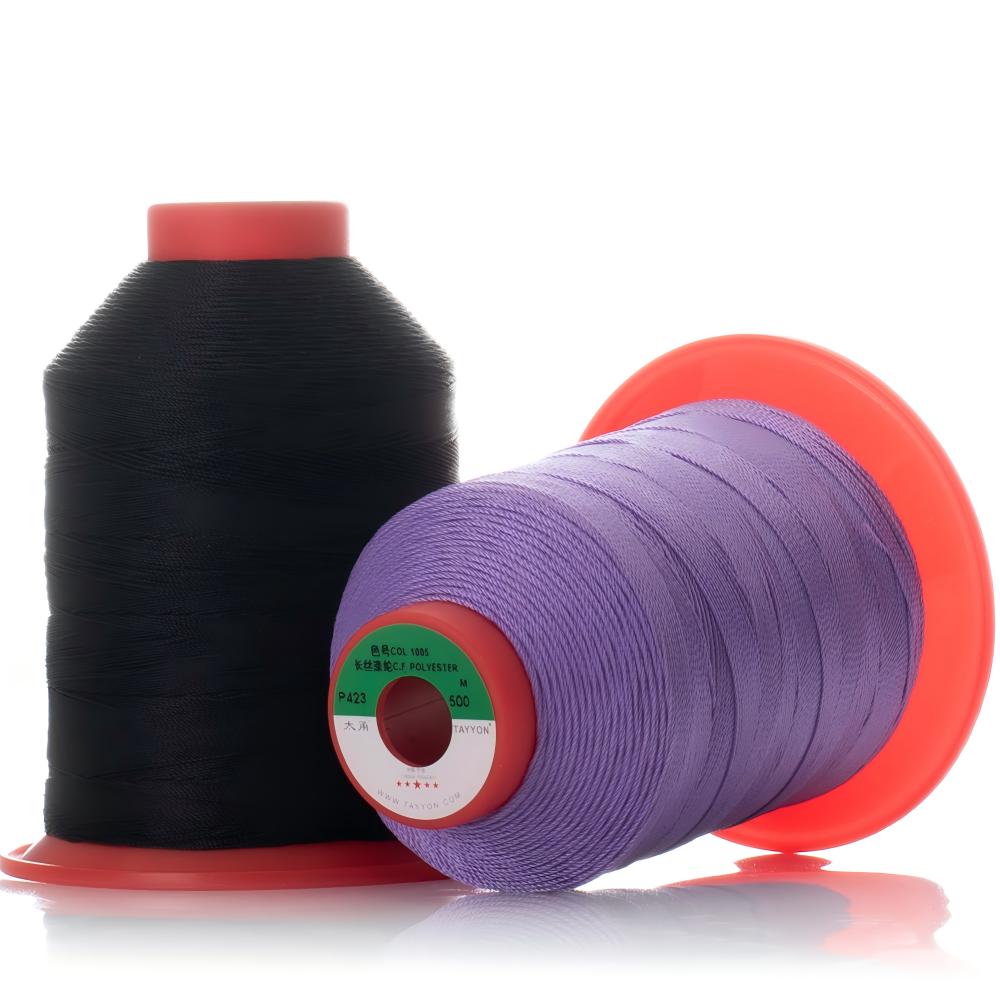
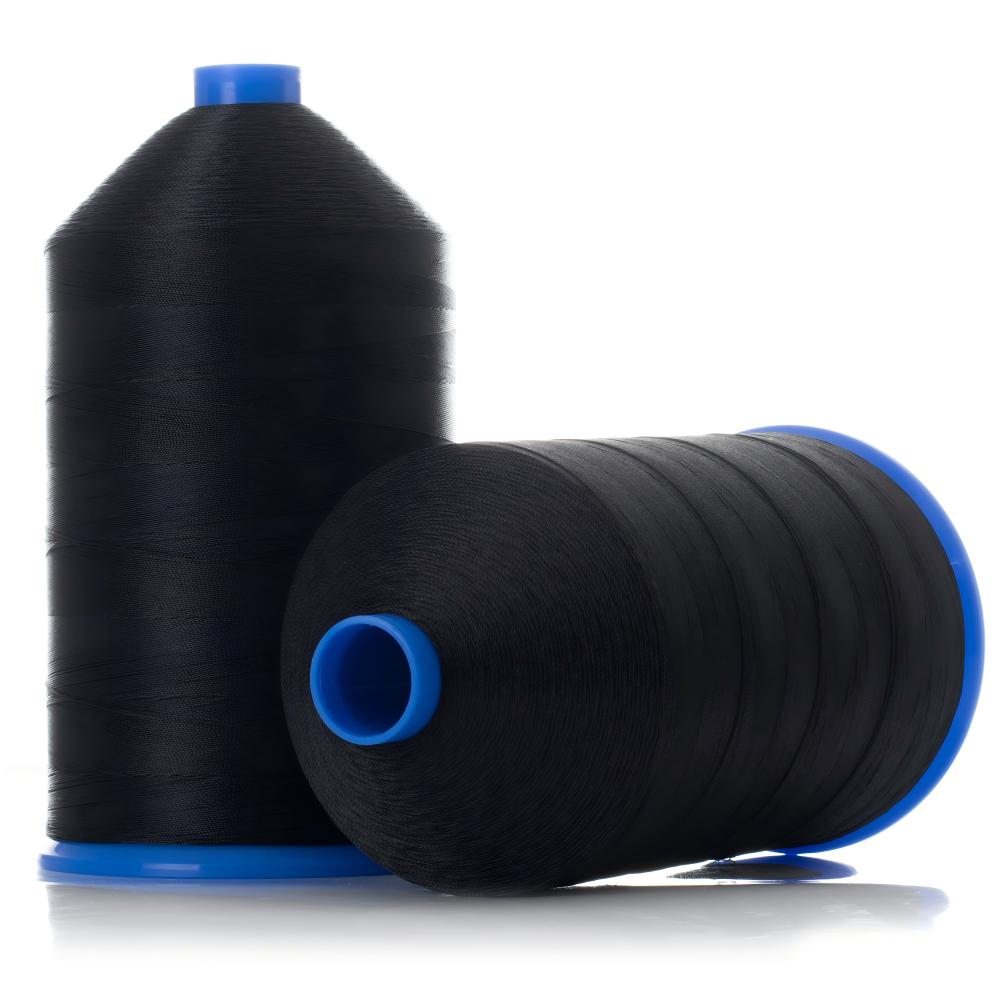
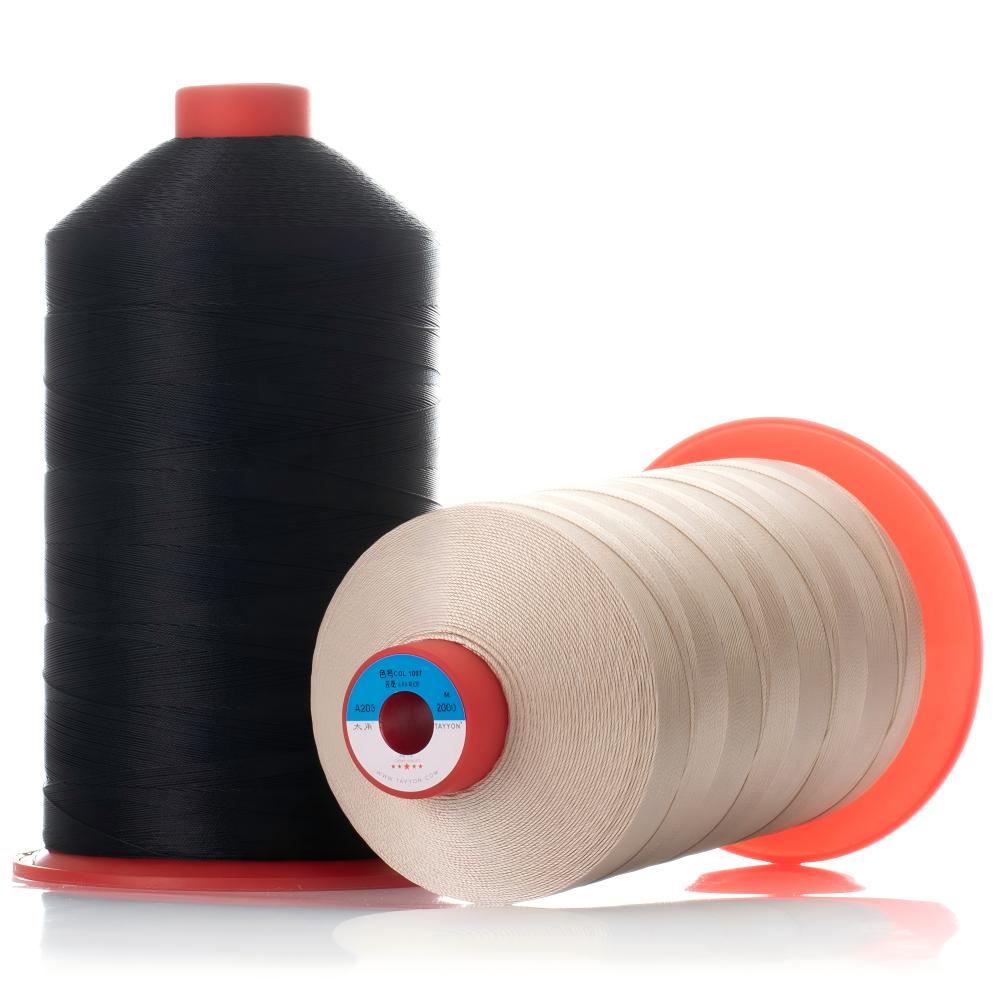
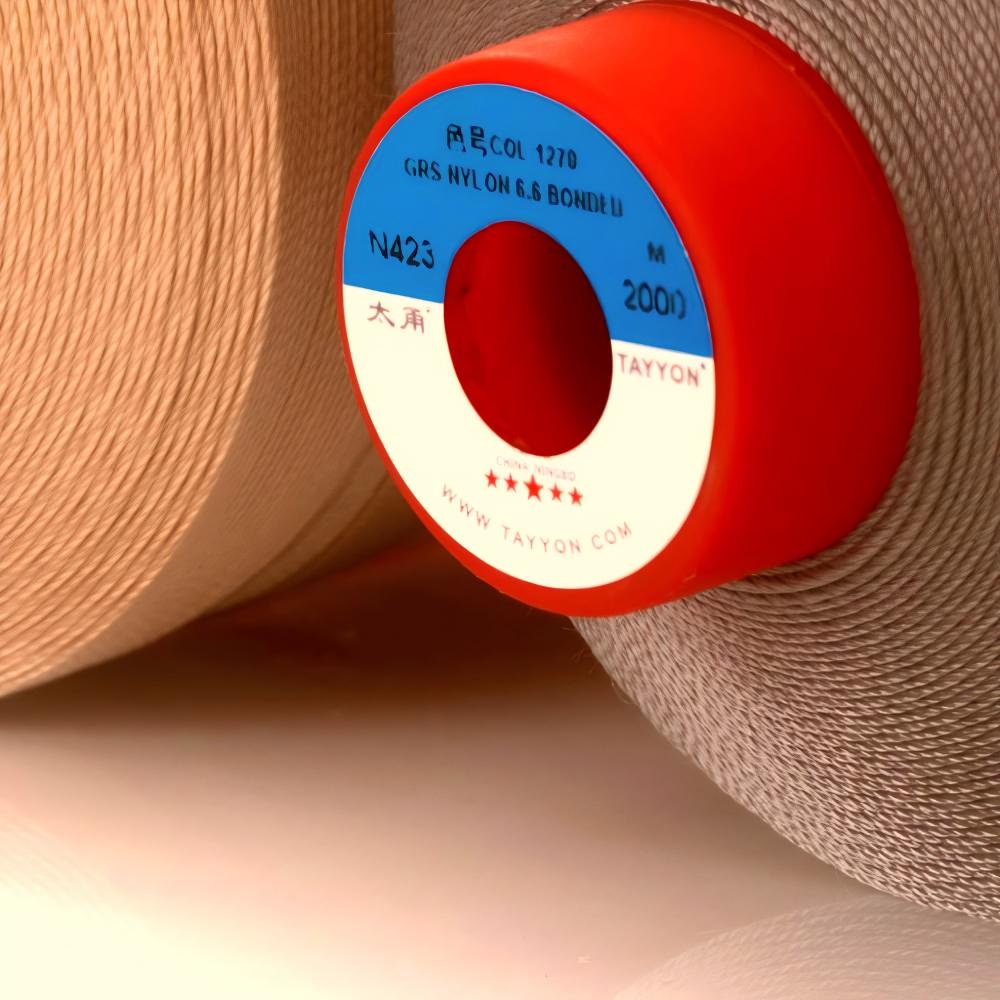
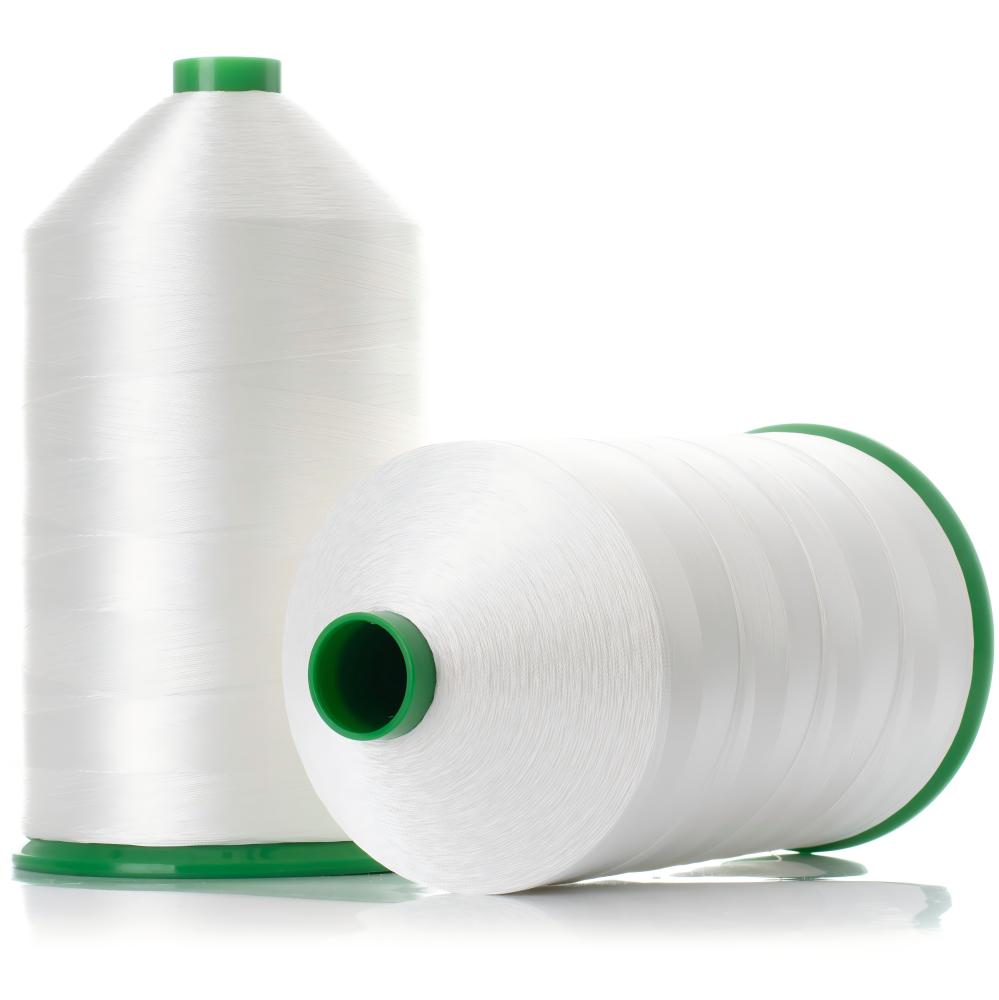
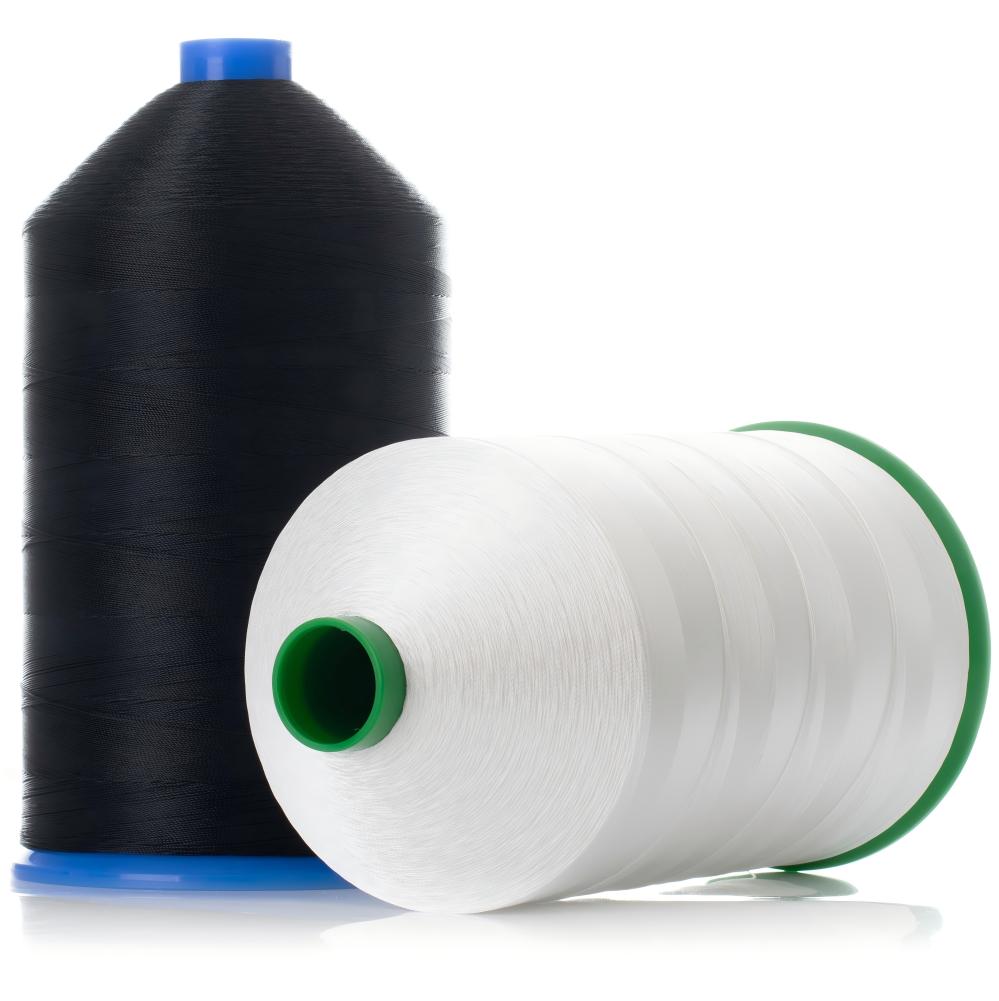
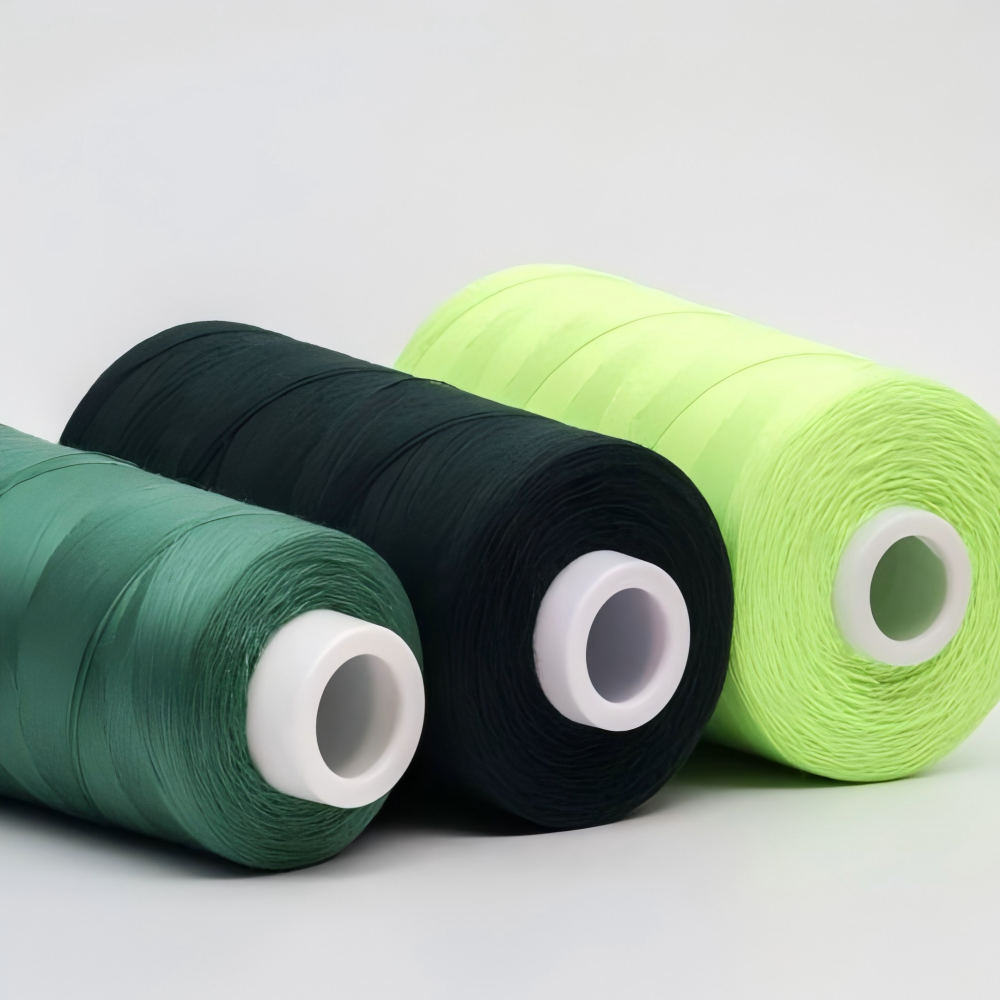
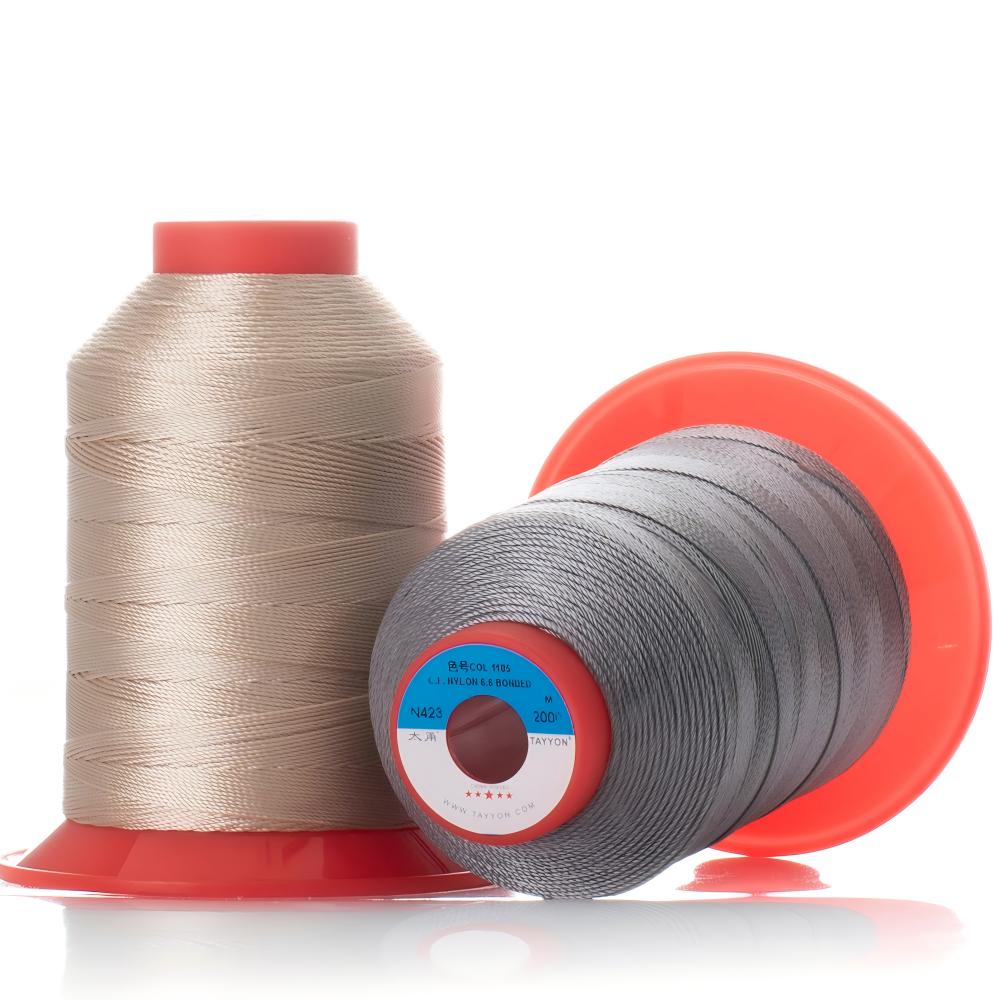
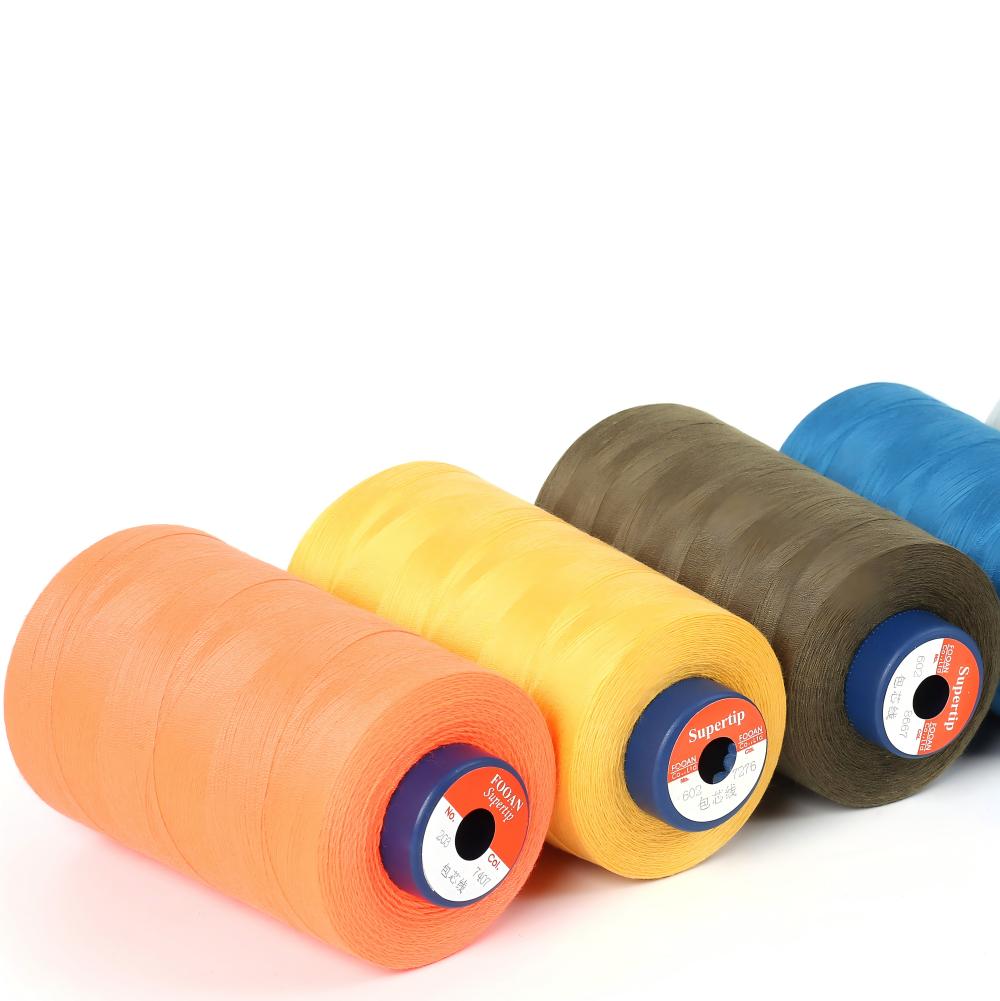
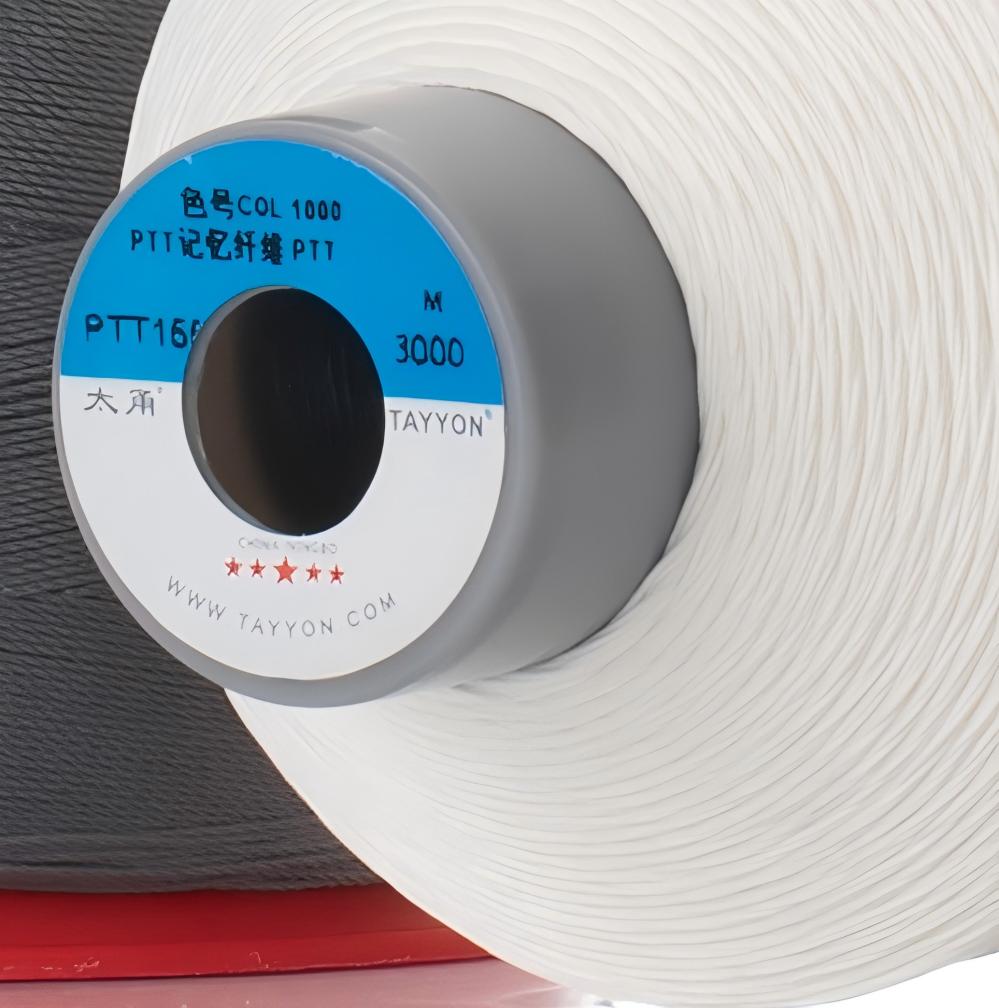
 Tel
Tel Email
EmailBonded Nylon 66 Sewing Thread: 6 Advantages for Sewing Automotive Seats II
Release time:2025-09-26 Click:354Nylon 66 bonded thread is a type of sewing thread with a relatively complex production process and high value. From the rich characteristics of its raw material high strength nylon 66 filament to the unique bonding technique used during twisting, it possesses sufficient advantages to be applied in sewing automotive seat & interior.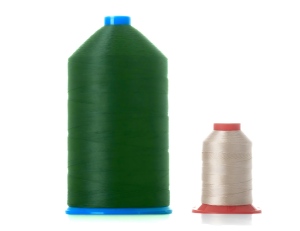
Advantages 4: Process Compatibility and Functionality
1. Elasticity and Recovery:
● Characteristic: Nylon thread possesses a degree of elasticity, which matches the characteristics of seat cover materials like leather or synthetic leather.
● Practical Significance: When the fabric is stretched, the stitch line can extend accordingly without breaking; when the stress is removed, it can return to its original state. This prevents the thread from being perpetually under tension, thereby avoiding premature fatigue failure.
2. Uniformity and Smoothness:
● Manufacturing Process: Bonded thread is renowned for its high uniformity and smooth surface. This allows it to run smoothly on high-speed industrial sewing machines without thread jamming or skipped stitches.
● Practical Significance: Ensures efficiency in the mass production of automotive seats and consistency in stitch quality, resulting in aesthetically pleasing and flat seams.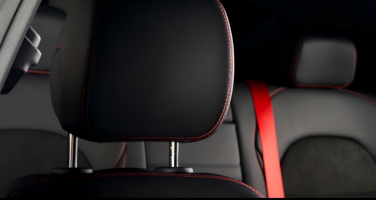
Advantages 5: Safety and Standards Compliance
1. Flame Retardancy:
● Industry Requirement: Automotive interior materials have strict flame retardancy standards (e.g., FMVSS 302). Specialized nylon thread for automotive seats is often flame-retardant treated.
● Practical Significance: In the event of a fire, flame-retardant stitching will not become a conduit for rapid flame spread, buying valuable time for occupant escape.
Advantages 6: Comparison with Alternative Materials
To better understand its advantages, let's compare it to common alternatives:
| Characteristic | Nylon 66 Bonded Thread | Polyester Thread | Cotton Thread |
| Strength | Extremely High | High | Low |
| Abrasion Resistance | Excellent | Good | Poor |
| Elasticity/Recovery | Good | Poor (Plastic Deformation) | Poor (Easy to Stretch) |
| UV Resistance | Good (When Treated) | Excellent | Poor (Easy Embrittlement) |
| Heat Resistance | Good | Excellent | Poor (Easy Scorching) |
| Moisture/Mildew Resistance | Good | Excellent | Poor |
Conclusion:
● Polyester Thread: While slightly better in light and heat resistance, its strength and abrasion resistance are generally inferior to nylon 66 bonded thread of equivalent specification. Furthermore, its poor elasticity makes it more prone to permanent deformation under repeated stress.
● Cotton Thread: Completely unsuitable for automotive seats. It has low strength, poor abrasion resistance, is prone to mildew, susceptible to sunlight, and would rapidly age and fail in an automotive environment.
Summary
● Nylon 66 bonded thread doesn't win based on a single characteristic but is rather an "all-around champion" choice. It achieves the optimal balance across the most critical dimensions for automotive seats: strength, abrasion resistance, weather resistance, and elasticity.
● It acts like the "skeletal ligaments" of an automotive seat: it must be strong to bear weight and resist pulling, yet flexible to adapt to deformation, and also capable of resisting the erosion of time and environment. It is this excellent performance in comprehensive properties that makes it the preferred, and often standard-specified, thread for seat sewing by global automotive manufacturers. Choosing nylon 66 bonded thread essentially means choosing long-term safety, durability, and reliability for automotive seats.
![]() Bonded Nylon 66 Thread Nylon 6.6 Bonded Thread PA66 Bonded Thread PA6.6 Nylon 6,6 Automotive Seats Interior
Bonded Nylon 66 Thread Nylon 6.6 Bonded Thread PA66 Bonded Thread PA6.6 Nylon 6,6 Automotive Seats Interior
Ningbo Tayyon Thread Co., Ltd.
 Beicun, Dongwu Town, Yinzhou District, Ningbo City, Zhejiang Province, China
Beicun, Dongwu Town, Yinzhou District, Ningbo City, Zhejiang Province, China
 Tel./Fax: 0086-574-88381625
Tel./Fax: 0086-574-88381625
 Email: info@tayyon.com
Email: info@tayyon.com